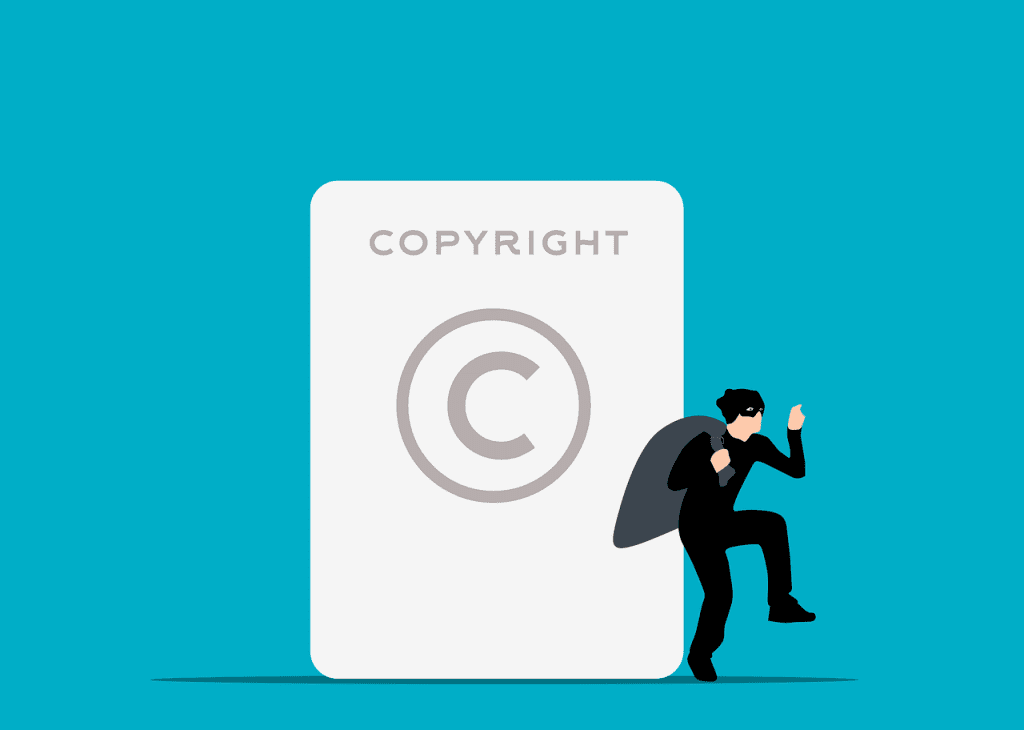Introduction
Innovation is extremely important for the development of humankind and it has in turn has led to the growth of new and advanced forms of technology. Digital technology is the most recent advancement that is in progress on a global scale. But with progress, the instances of misuse of digital technology have affected the rights of others. The most affected intellectual property right in this regard is copyright. The protection of copyright has become a key issue in the digital era.
Earlier, ideas and expressions were only restricted to being expressed physically. But as time evolves we can see that online platforms have become the new source for expressing ideas and creation. Due to this, there has been a huge increase in illegal activities that take place against the legal copyright of a person and his/her inventions. Some of these issues are given below.

Issues
As we have discussed above, ideas, expressions, and creations were initially restricted to the print media framework, but with advancement, they spread to films and photography and now to online platforms. It has become extremely easy for a person to reproduce, communicate and distribute work with the advancement in technologies. As digitalization has become swift and convenient, a person can send information from one corner of the world to another in a snap. Due to this, it has become easy for them to distribute identical or unauthorized copies of the same. All of this is done without informing the owner and infringing their legal right. Digital copyright issues occur in a variety of related forms such as;
Internet Piracy: This is the catch-all term for when copyrighted work is downloaded without permission and circulated to the public.
End-user Piracy: This issue arises when unlicensed copies of a software are being used and reproduced by an organization or an individual for usage. For starters, most people who work on a laptop have likely encountered a bootleg copy of Microsoft Office in some form or another.
Counterfeiting: This happens when fake material is sold in the market as original work it is called counterfeiting. It is not easy to recognize and differentiate counterfeit software from the original versions. DVD, CD, downloads, and other digital forms are often used for illegal copying and distribution of commercial software.
Hard disk Loading: This issue arises when a legal copy of the software is brought by a person and then copied, reproduce, and installed on the hard disk of a computer. Then the hard disk in which software has been preinstalled is sold along with the computer.
Social Media Piracy: Copyright piracy through social media is extremely common. Material can be shared instantaneously via a link within seconds to millions of people across the world. This form of piracy is cheap and easy, hence it accounts for a major issue. Today, there are many websites where sharing of unauthorized copies of copyrighted works forms a large part of the traffic.
What Have Indian Laws Done to Deter Piracy?
In 2012, Section 65A was introduced to the Copyright Act, 1957. This section related to TPM (Technological Protection Measures) exercised by the owner of a copyright to safeguard his rights in such work. Any person who contravenes the law will be considered to have committed a criminal offence, and the same shall be punishable with imprisonment.
Section 65B provides digital rights management information, which has been defined under clause (xa) of Section 2. Protection of rights management information and technological measures were introduced in the (WCT) WIPO Copyright Treaty and (WPPT) WIPO Performances and Phonograms Treaty to prevent copyright infringement in the digital environment.
Section 11 of the Copyright Act allows for the constituting a Copyright Board consisting of a chairperson and two members. Such measures would make the Copyright Act more strict and productive.
What Do the Indian Courts Have to Say About Digital Piracy?
In the 2019 case of UTV Software Communications Ltd. vs. 1337X and Ors, it was ruled by the Delhi High Court that the infringers of copyright in the digital world are no different from those infringers of the real world. Furthermore, it was noted that there was no reason why an act of crime committed in the physical world won’t constitute an act of crime committed in the digital world. There is no distinction between the two under the Copyright Act.
Conclusion
The Internet and digitalization have provided ample amount of opportunities to the people, authors, creators, etc. to display their work and make it available to the public at large. Piracy and data infringement are, however, some of the less savory effects of digitalization. New and strong amendments are required to protect the creators and authors of the work, especially as digital technology keeps pace with protection measures. Amendments like the one from 2012 are a step in the right direction, but we should should encourage lawmakers to make more effective and stricter laws to protect such works in the digital world.
Author: Ishant Singh, Legal Intern at PA Legal.
In case of any queries, kindly contact us here.
Thank you for reading our blog! We’d love to hear from you! 🙂
- Are you Interested in IP facts?
- Would you like to know more about how IP affects everyday lives?
- Have any questions or topics you’d like us to cover?